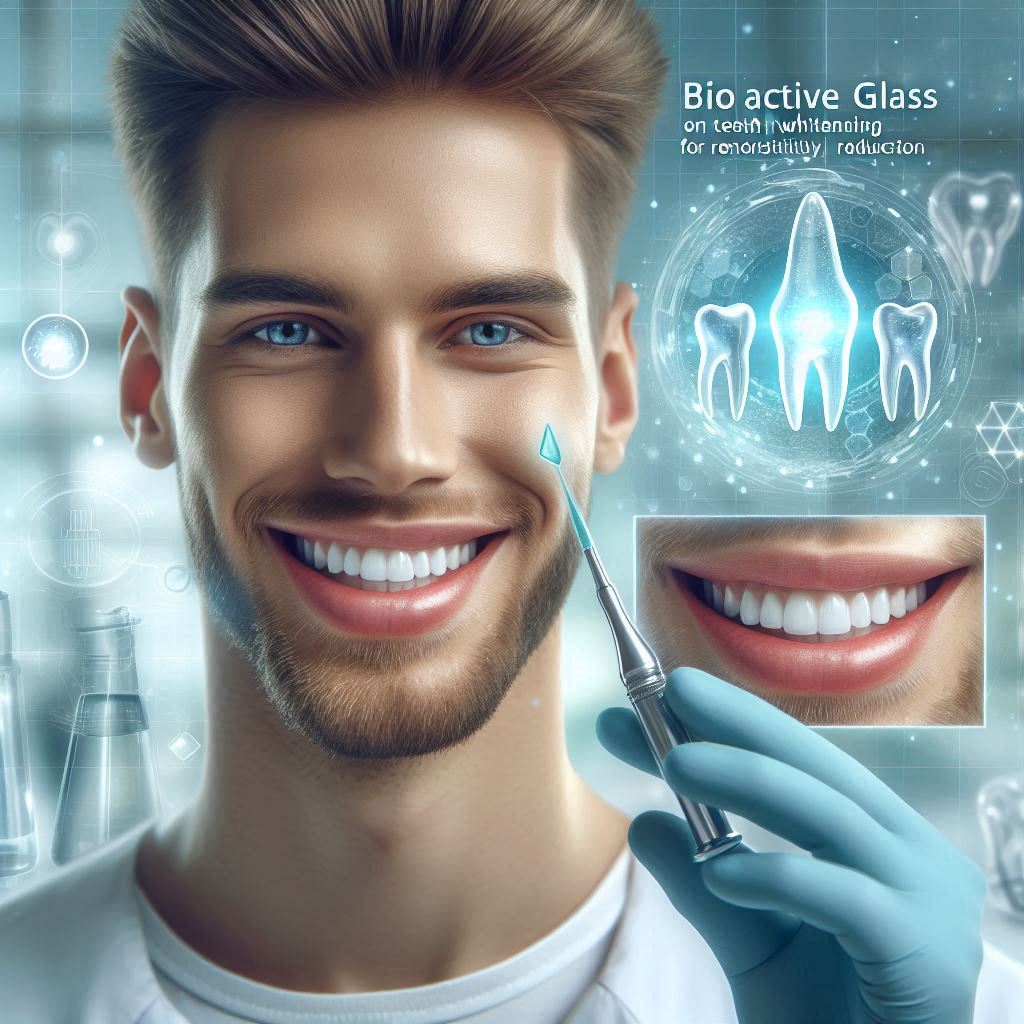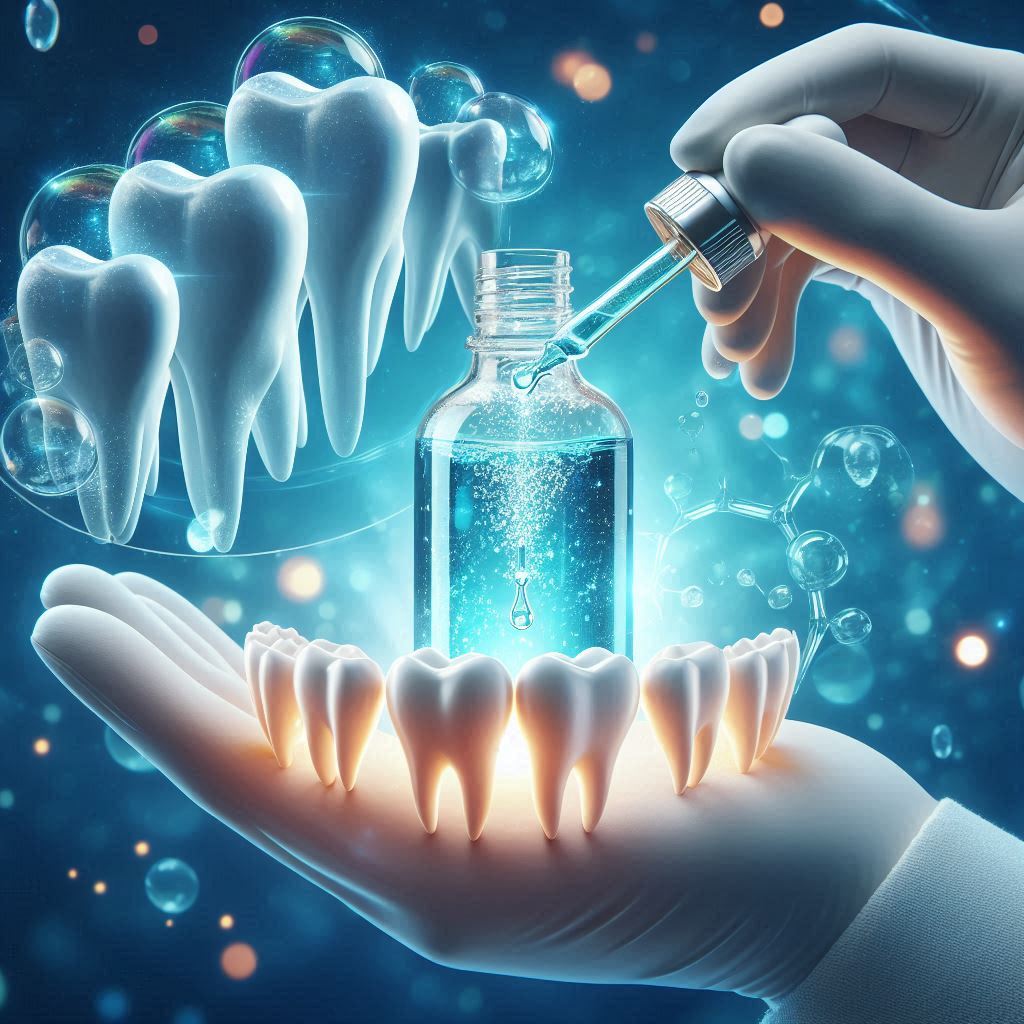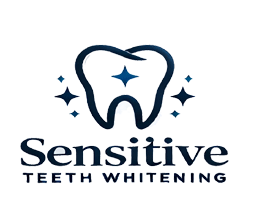Imagine walking barefoot on a soft, dewy meadow. The sensation is comforting, nurturing, and soothing—just like the way bioactive glass works on sensitive teeth during the whitening process. Unlike harsh bleaching agents that storm the enamel like an invading army, bioactive glass acts as a guardian, restoring and reinforcing enamel while unveiling a dazzling, pearl-like radiance.

The Science Behind the Glow
To understand the magic of bioactive glass in sensitive teeth whitening, picture a fractured porcelain teacup. Over time, the cracks grow, making it fragile. Similarly, everyday wear, acidic foods, and aggressive whitening treatments can erode enamel, leaving teeth vulnerable and hypersensitive. Here’s where bioactive glass steps in as a master restorer. Composed of calcium, phosphates, and silicates, bioactive glass interacts with saliva to form hydroxyapatite—the very mineral enamel is made of. This process not only remineralizes weakened enamel but also creates a protective barrier, shielding teeth from further damage.
A Harmonious Blend of Whitening and Healing
Traditional teeth whitening treatments often wield the double-edged sword of beauty and pain. They may brighten but frequently leave teeth screaming in protest through sharp pangs of sensitivity. Bioactive glass, however, rewrites the narrative. Instead of merely stripping away stains, it deposits minerals back into enamel, fortifying teeth while delivering a luminous glow.
Think of it as polishing a gemstone not by aggressively scratching away layers, but by infusing it with essential minerals to enhance its natural brilliance. The result? A whiter smile without the dreaded zing of pain.
Addressing Common Objections
No revolutionary advancement is without its skeptics. Some argue that bioactive glass is not as potent in whitening as peroxide-based treatments. However, clinical studies suggest that while the process may take slightly longer, the benefits far outweigh the wait. After all, is it not better to preserve the integrity of your teeth rather than sacrifice it for quick but fleeting results?
Another concern is its long-term effectiveness. Critics question whether the remineralizing effect lasts. Research, however, shows that bioactive glass integrates with natural tooth structure, providing sustained protection and resilience against sensitivity triggers.

The Overarching Benefits
- Sensitivity-Free Whitening: Unlike traditional methods that often cause sharp, shooting pain, bioactive glass allows you to brighten your teeth without discomfort.
- Enamel Remineralization: It strengthens and repairs the enamel, acting as an armor against acid erosion.
- Long-Term Oral Health: By forming a mineral-rich layer over teeth, bioactive glass offers prolonged protection against sensitivity and decay.
- Safe and Biocompatible: No harsh chemicals or extreme bleaching agents—just a naturally restorative approach to teeth whitening.
A New Dawn for Sensitive Teeth Whitening
Teeth whitening should not be a battle between beauty and pain. With bioactive glass, the experience transforms from a harsh chemical procedure into a nurturing restoration—a marriage of science and nature that allows for a radiant smile without compromise. Like sunlight gently filtering through morning mist, bioactive glass illuminates teeth without the burn, ensuring a luminous glow that stands the test of time.
So, why endure the torment of sensitivity when you can embrace the elegance of gentle, lasting whitening? Bioactive glass is not just a breakthrough; it is a beacon of hope for those longing for a brighter smile without the pain.




